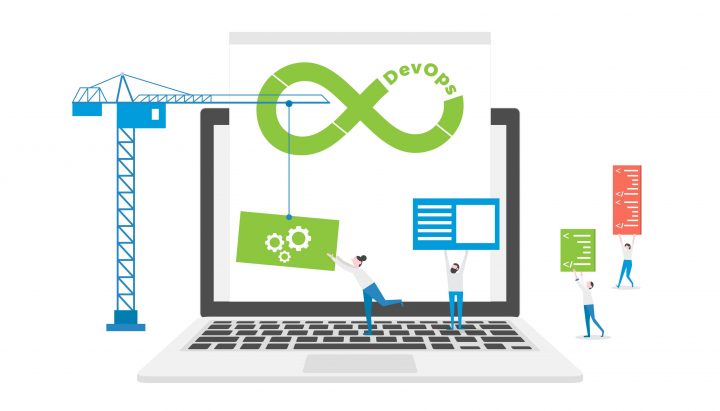Before talking about DevOps processes, let’s define DevOps as a methodology itself. DevOps philosophy is based on team collaboration and combines Development and Operations approaches. The main goal of DevOps methodology is continuous improvement and software delivery. The DevOps process flow is based on the next principles:
- automation;
- self-service;
- iteration;
- collaboration;
- continuous testing&improvement.
Implementation could be a little bit frightening if you didn’t work with the DevOps processes yet. In this case, the trusted DevOps Service Provider like IT Svit https://itsvit.com/services/devops/ could help you. To dispell your doubts about DevOps implementation let’s get acquainted with this philosophy closer.
What is DevOps and what processes does it include?
DevOps philosophy could give your company the next advantages: improved collaboration, increased efficiency and satisfaction for the customers/users, shortening the time-to-market for your products and accelerating the market entry. DevOps methodology can put your company many steps ahead of the competitors. The methodology consists of some processes which we’ll describe below.

DevOps processes include:
- Continuous Integration. Developers merge new blocks of code in the main shared repository where each update is tested automatically. It helps to prevent delays by allowing a group of developers to work with the same code. This is a crucial part of the DevOps process model.
- Continuous Delivery. This is a logical continuation of the previous step. Changes in the code are automatically built, tested and prepared to release into production. Continuous Delivery provides automation of release processes and makes all actions easier. Thus, if the code passes the tests, it’ll be delivered to the end-user instantly.
- Continuous Deployment. This is a fully automated process of software delivery. Unlike the previous stage, Continuous Deployment doesn’t need any manual interventions and can work independently. In this case, any validated feature can be automatically delivered to end-users. You can implement Continuous Deployment only if you have polished processes of Continuous Integration and Continuous Delivery.
- Continuous Monitoring and feedback. The last but not the least important is to get feedback and analyze logs to ensure further product improvement. Continuous Monitoring helps to keep abreast and solve current challenges immediately. Of course, in the DevOps development process, the monitoring should be automated.
Conclusion: what should you do to implement DevOps processes into your company?
To successfully implement the DevOps philosophy you should follow the next stages:
- set up an Agile software development process;
- utilize cloud computing;
- modify your process to enable Continuous Improvement and Delivery;
- automate the deployment and testing of software;
- implement the Continuous Deployment.
Stages in your company may differ from listed above but the main direction will be similar. DevOps processes might become a powerful instrument for your business success.

